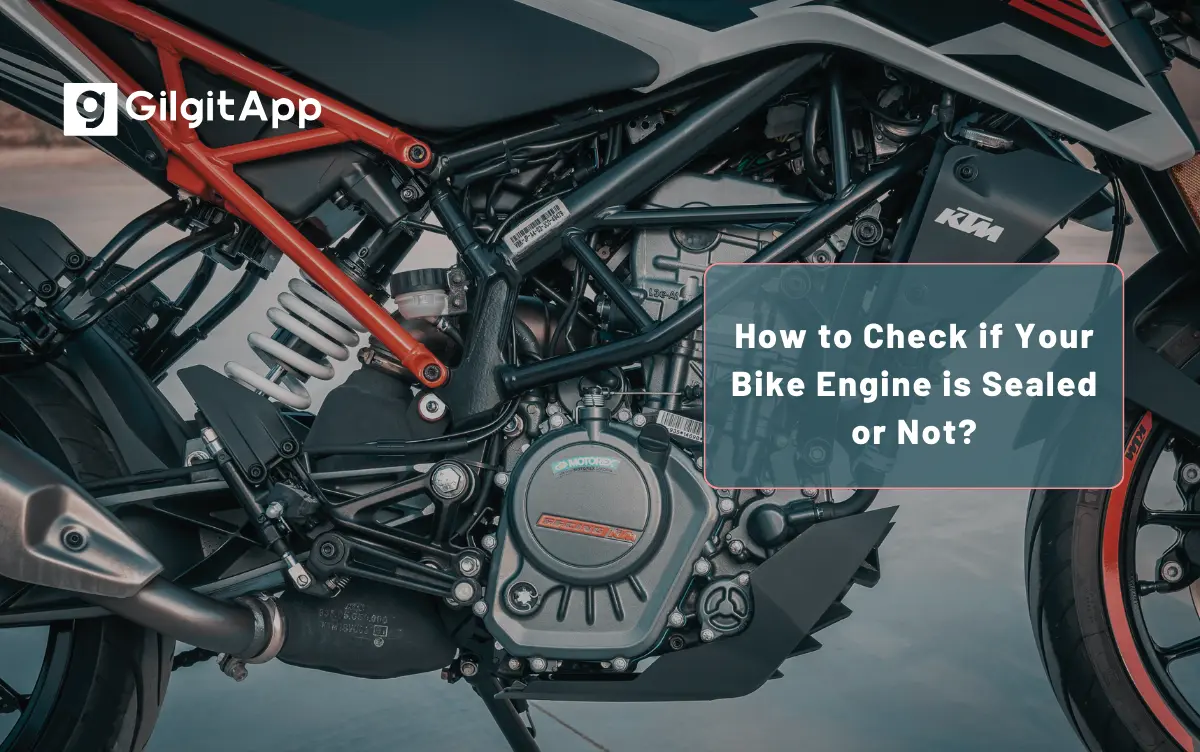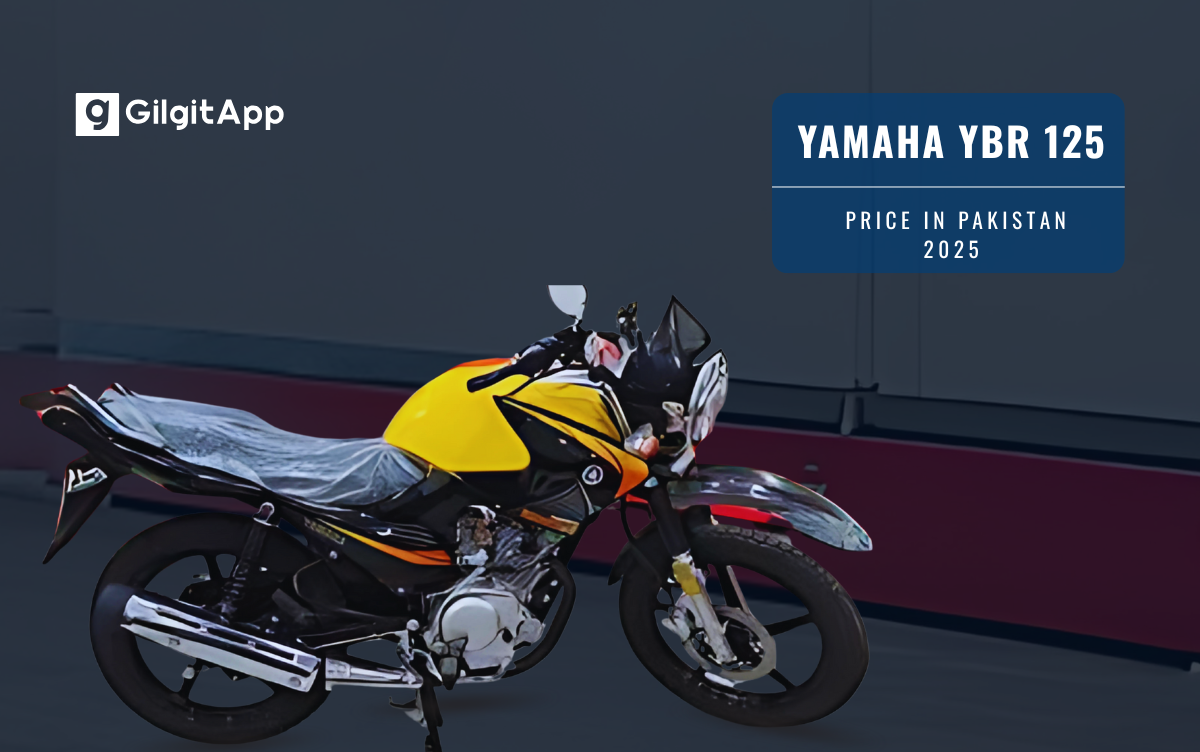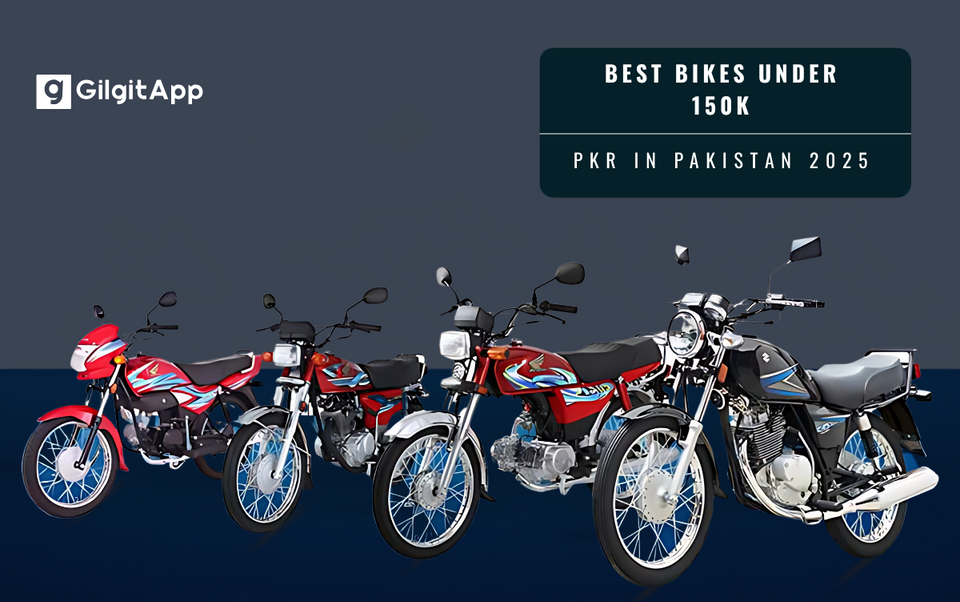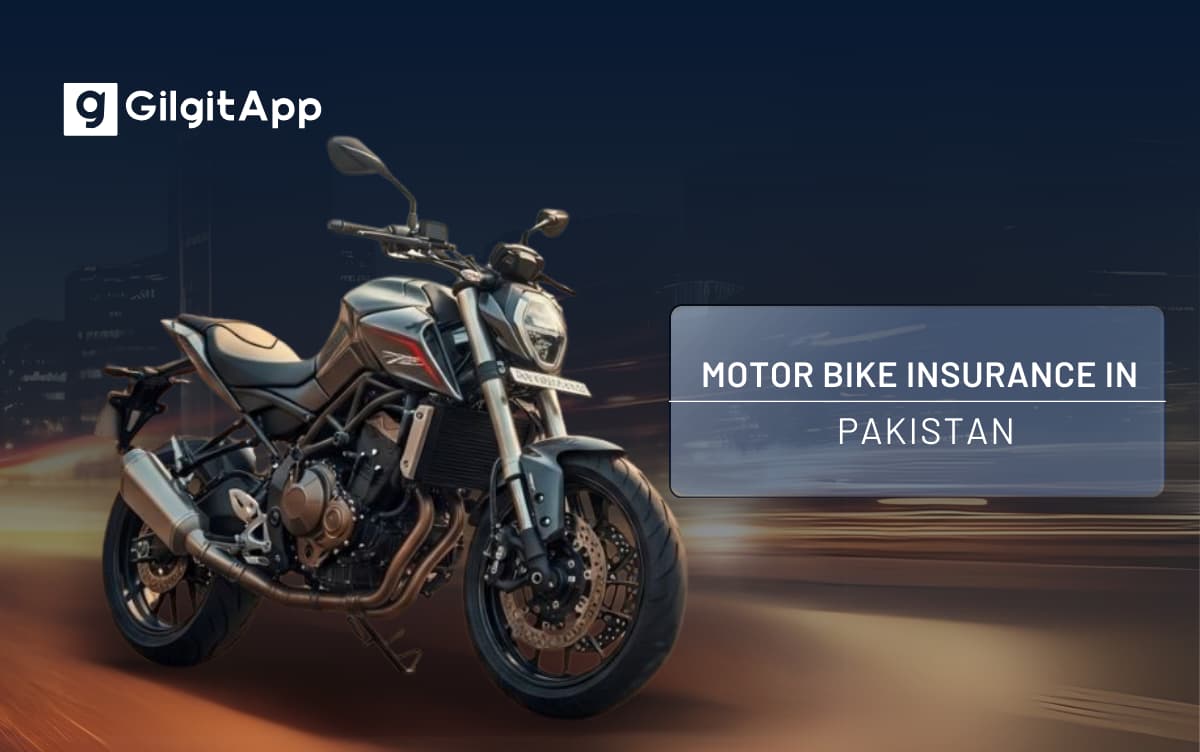How to Check if Your Bike Engine is Sealed or Not?
Learn how to check if your bike engine is sealed. Simple steps to confirm factory seals, bolt marks, and more for engine authenticity and reliability.

When it comes to maintaining and operating a bike, one of the key aspects is ensuring the integrity of the engine. Whether you're working on a new bike or buying a used one, confirming whether your bike engine is sealed or not can be an important step. A sealed engine typically means it has not been tampered with and is in its original condition, which can be crucial for maintaining warranty, performance, and resale value. Here's how you can confirm whether your bike engine is sealed.
1. Look for Physical Seals or Stickers
The easiest way to confirm if the engine is sealed is to inspect for any physical seals or stickers placed around the engine. Manufacturers often place tamper-proof seals on the engine case to indicate whether the engine has been opened or modified. Look for any stickers, tape, or sealant marks on the engine’s bolts and screws.
- Tamper-Proof Stickers: Some manufacturers use special tamper-proof stickers or holographic labels that will show damage or tampering if someone has tried to remove or alter them.
- Sealant or Paint: You may also notice a unique colored sealant or paint that was applied to prevent unauthorized access. If the paint or sealant is broken, the engine has likely been opened.
2. Examine the Bolts and Screws
Inspect the bolts, screws, and fasteners on the engine casing. A sealed engine will usually have factory-tightened bolts that haven’t been disturbed. If the bolts look worn or have marks that indicate they've been removed or re-tightened, the engine may have been opened.
- Signs of Re-tightening: Sometimes, mechanics or previous owners may reuse the bolts or screws but fail to align them back as they originally were. Look for scratches or inconsistent torque marks around these fasteners.
3. Review Service and Maintenance Records
If you're purchasing a used bike or unsure about the engine’s history, review the service or maintenance records. If the engine has been sealed, the records should confirm that no modifications or repairs have been made that would require opening the engine case. In some cases, the bike manufacturer or dealership may be able to verify whether the engine has been opened by checking the serial numbers or service history.
4. Consult the Manufacturer
If you're unsure or can't find any clear signs of tampering, you can always consult the manufacturer or dealer. Many bike manufacturers maintain detailed records about when and where bikes were shipped, and whether or not they left the factory with a sealed engine. The manufacturer’s warranty or service documentation may also offer insight into whether the engine should be sealed or has been opened for any maintenance.
5. Look for Warranty Information
If your bike is still under warranty, it’s important to know whether the engine is sealed or not. Most bike manufacturers include specific clauses in the warranty that state the engine must remain sealed to retain full warranty coverage. Any tampering or disassembly may void the warranty. Ensure that the bike is still under warranty and verify if sealing is a part of the manufacturer’s warranty terms.
6. Check for Engine Modifications
Some modifications may require opening the engine, such as replacing the piston, altering the carburetor, or adjusting the engine’s internals. If you see modifications that seem out of the ordinary or that go beyond regular maintenance, the engine is likely no longer sealed. Confirm with the previous owner or mechanic if such modifications have been made.
7. Ask a Mechanic
if you’re unsure about checking the engine yourself, a qualified mechanic can perform a professional inspection. A mechanic will know what to look for and can tell you whether your engine is sealed based on their experience and expertise.
Conclusion
Checking if your bike engine is sealed is crucial for understanding its maintenance history and ensuring its reliability. Always look for factory seals or ask your dealer for confirmation.




